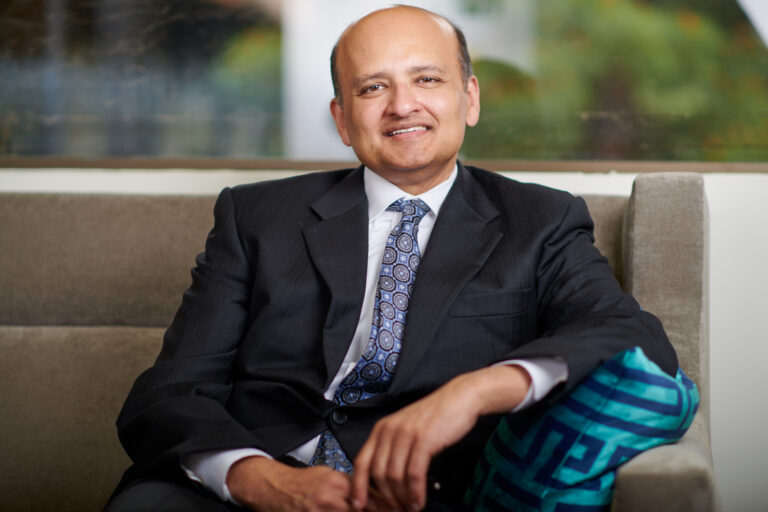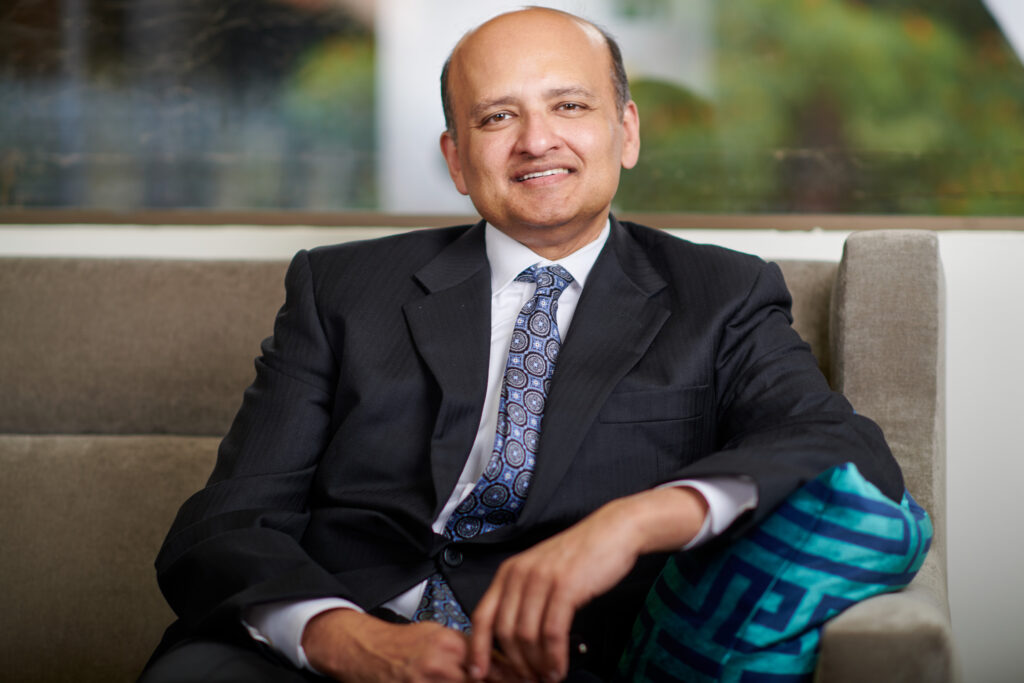
Medical breakthroughs rarely follow a straight path. They emerge from unexpected corners, from researchers who refuse to accept the limits of current science, and from companies that focus relentlessly on achieving their goal. In the crowded field of cancer research, where progress often requires vast resources, one San Jose company is attempting something many thought impossible. Anixa Biosciences believes it can help prevent one of the deadliest forms of breast cancer, and perhaps all types of breast cancer, through a simple series of injections.
The ambition is enormous for a company that began as an electronics firm, which eventually failed. Anixa (previously named Copytele) once developed electronic products, but it now pursues a goal that has challenged the scientific world for decades. The idea is to create a preventive cancer vaccine. While vaccines for infectious diseases teach the immune system to recognize outside invaders, cancer presents a different and more complex problem. Tumors evolve from the body’s own tissues and often conceal themselves from the very defenses that should attack them.
Anixa’s pivot into the cancer space began when Dr. Amit Kumar, a veteran biotech and cancer researcher, became CEO of the failing electronics company in 2017. He changed the name of the company to Anixa and began developing cancer programs. One of the first projects was based on a decades-old idea from the Cleveland Clinic. An immunologist had focused on a protein known as alpha-lactalbumin. This molecule naturally appears in mammary glands during breastfeeding but becomes dormant once lactation ends. Scientists noticed that in many breast cancer patients, particularly those with triple-negative breast cancer, the protein suddenly reappears. The recurrence of such a specific marker suggested a potential target for the immune system.
Triple-negative breast cancer is among the most aggressive forms of the disease. It tends to strike younger women, disproportionately affects Black women, and offers fewer treatment options because it lacks the hormone receptors that guide common therapies. The cancer grows quickly and often returns even after it has been knocked into remission. For patients who face this diagnosis, researchers are still searching for better answers.
Against this backdrop, the promise of a preventive approach stands out. Anixa’s vaccine aims to teach the immune system to identify cells that express alpha lactalbumin and eliminate them before they evolve into tumors. The theory is bold yet grounded in the logic that prevention may succeed where treatment struggles. Early trial results support this idea. In an initial study run at the Cleveland Clinic, most patients produced a strong immune response with no safety concerns in the group that also received Keytruda, an immunotherapy drug.
This progress is encouraging, yet the path ahead can be long. The company plans to begin a midstage clinical trial in 2026, a study that will likely stretch across several years. Only after that point can a larger, final trial move forward. For a small company, every step carries financial risk. Funding in the biotech sector has tightened as investors shy away from early-stage science, and government grants face political uncertainty. Anixa is exploring partnerships with larger pharmaceutical players, but none of these avenues are guaranteed.
The company has turned to strategic collaborations as a way to move forward despite these constraints. Kumar built a scientific advisory network that includes Mike Shepard, best known for leading the development of Herceptin at Genentech. Shepard’s involvement helped validate the Cleveland Clinic’s approach and gave Anixa credibility as it shifted from electronics to oncology. Similar partnerships support the company’s parallel work on ovarian cancer vaccines and cell therapy programs.
What makes Anixa’s story remarkable is not only the scientific idea but also the persistence behind it. Reinvention is often romanticized in business, yet it demands a willingness to abandon comfortable pathways and pursue uncertain ones. Anixa chose the harder route, one that requires patience, scientific rigor, and capital that is not always easy to find. The company is years away from knowing whether its vaccine will succeed and be approved, but it is very close to proving the vaccine works. More importantly, Anixa has already changed the conversation by focusing on prevention rather than reaction.
If the vaccine works, the implications extend far beyond a single company. The approach could inspire researchers to pursue other molecular targets that signal early cancer development. Prevention could become a central strategy rather than an aspiration on the edges of oncology. For patients, this shift would offer something that traditional treatment often struggles to deliver, a chance to avoid cancer before it takes shape.
In a field marked by long odds, Anixa’s pursuit of a breast cancer vaccine stands as a reminder of how progress often begins. It starts with an idea that seems unlikely, backed by people who believe the risk is worth taking, and carried forward by a conviction that science can do more than manage disease. It can stop it before it starts.


Lorem ipsum dolor sit amet, consectetur adipiscing elit. Ut elit tellus, luctus nec ullamcorper mattis, pulvinar dapibus leo.
Lorem ipsum dolor sit amet, consectetur adipiscing elit. Ut elit tellus, luctus nec ullamcorper mattis, pulvinar dapibus leo.